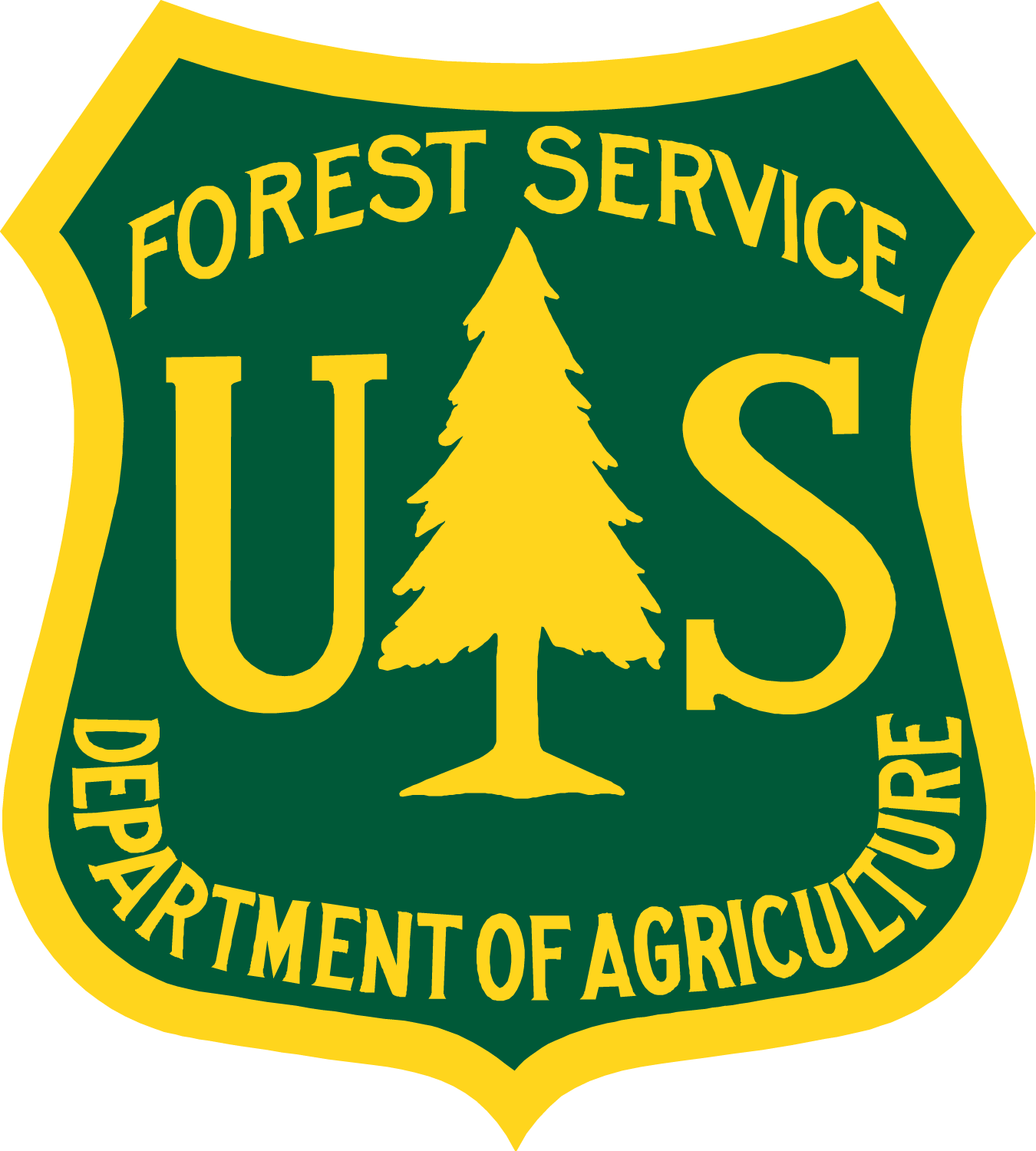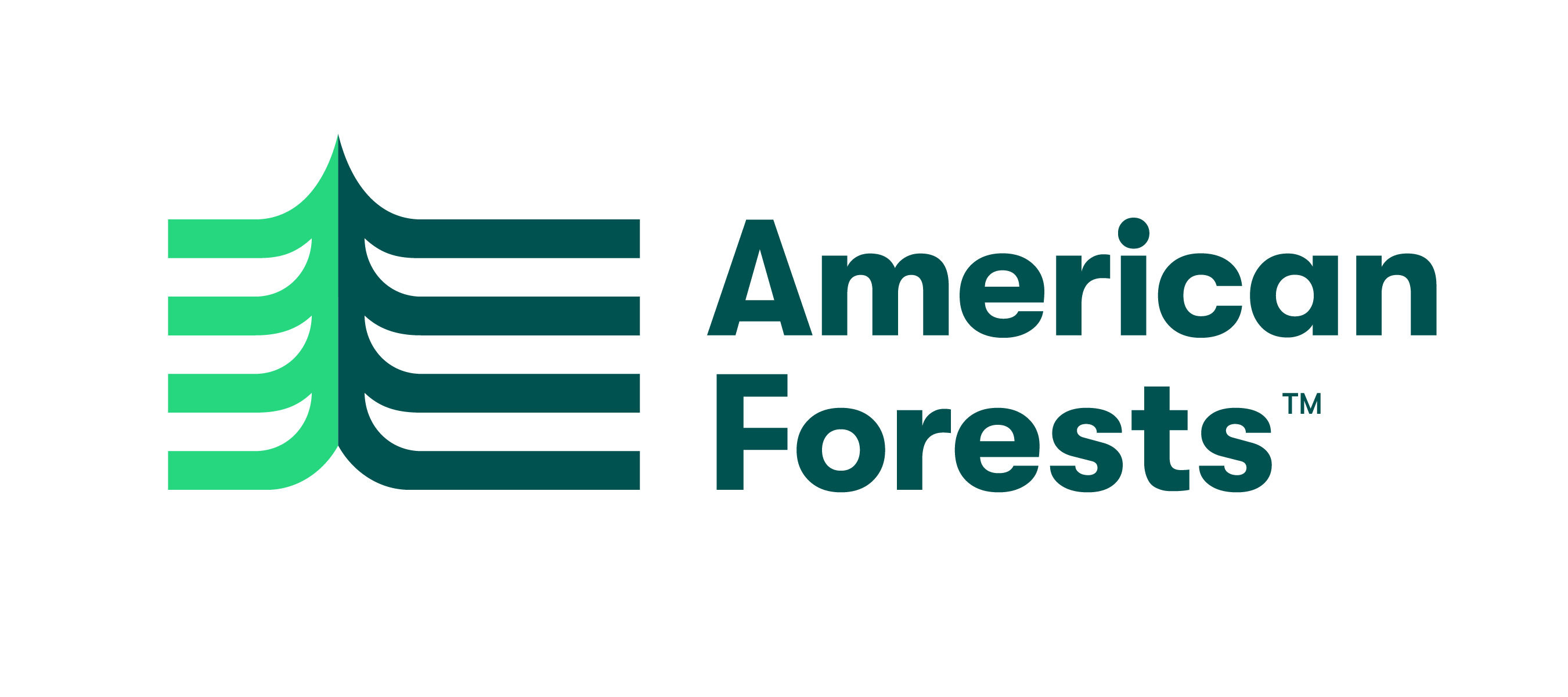Residential lands constitute a major component of existing and possible tree canopy in many cities in the United States. To expand the urban forest on these lands, some municipalities and nonprofit organizations have launched residential yard tree distribution programs, also known as tree giveaway programs. This paper describes the operations of five tree distribution programs affiliated with the Urban Ecology Collaborative, a regional network for urban forestry professionals.
Given tree recipients’ demand for smaller flowering or fruiting trees, as well as lack of resources for tree survival monitoring on private lands, program leaders appeared to have turned to social measures of success − spreading a positive message about trees and urban greening − as opposed to biophysical performance metrics. We conclude with suggestions for outcomes monitoring, whether those outcomes are social or biophysical, because monitoring is critical to the sustainability and adaptive management of residential tree programs.
Urban Forestry & Urban Greening 22 (2017) 24–35
View Resource Download Resource
